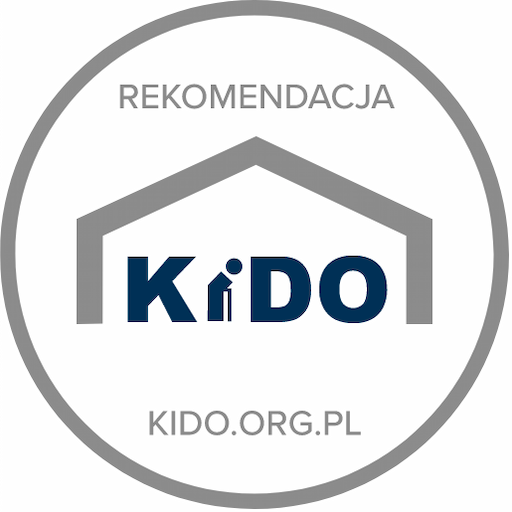Currently we are developing smartly repurposed medicinal technologies

Foods for Special Medical Purposes (FSMP) based on new combination of ingred
FSMP is a product intended to cover specific nutritional requirements resulting from a disease, disorder, or medical condition.
FSMPs can be available over-the-counter or by prescription, and shall be marketed to healthcare professionals.
Following clinical validation a new FSMP is placed on the markets after notifying a national authority (e.g. Główny Inspektorat Sanitarny in PL) provided that the product complies with the relevant EU/national rules (easier and shorter way to the market vs. drugs).
What are the repurposed therapies?
These are treatments that have been developed for one medical condition, but are used to treat a different condition
They may be more effective than traditional treatments because they are more targeted and personalized
They may be used in conjunction with traditional treatments, or as an alternative treatment option
New drug development

Examples of repurposed therapies
Some drugs originally developed for one indication can be also effective in other disorders.
Aspirin originally developed as a pain reliever is now also used to prevent heart attacks and stroke by reducing the risk of blood clots
Cladribine originally developed for leukemia has been found to be effective in multiple sclerosis (r/r)
Fluoxetine (antidepressant) has been repurposed to treat obsessive-compulsive disorder (OCD) and bulimia nervosa
GLP-1 analogues originally developed for type 2 diabetes have been found to be effective in obesity
Thalidomide originally developed as a sedative and anti-nausea medication, was later found to have potent anti-inflammatory properties and is now used to treat multiple myeloma
Metformin originally developed for type 2 diabetes, it has also been found to have potential as a cancer prevention as well as a potential treatment for polycystic ovary syndrome (PCOS)
Our pipeline



